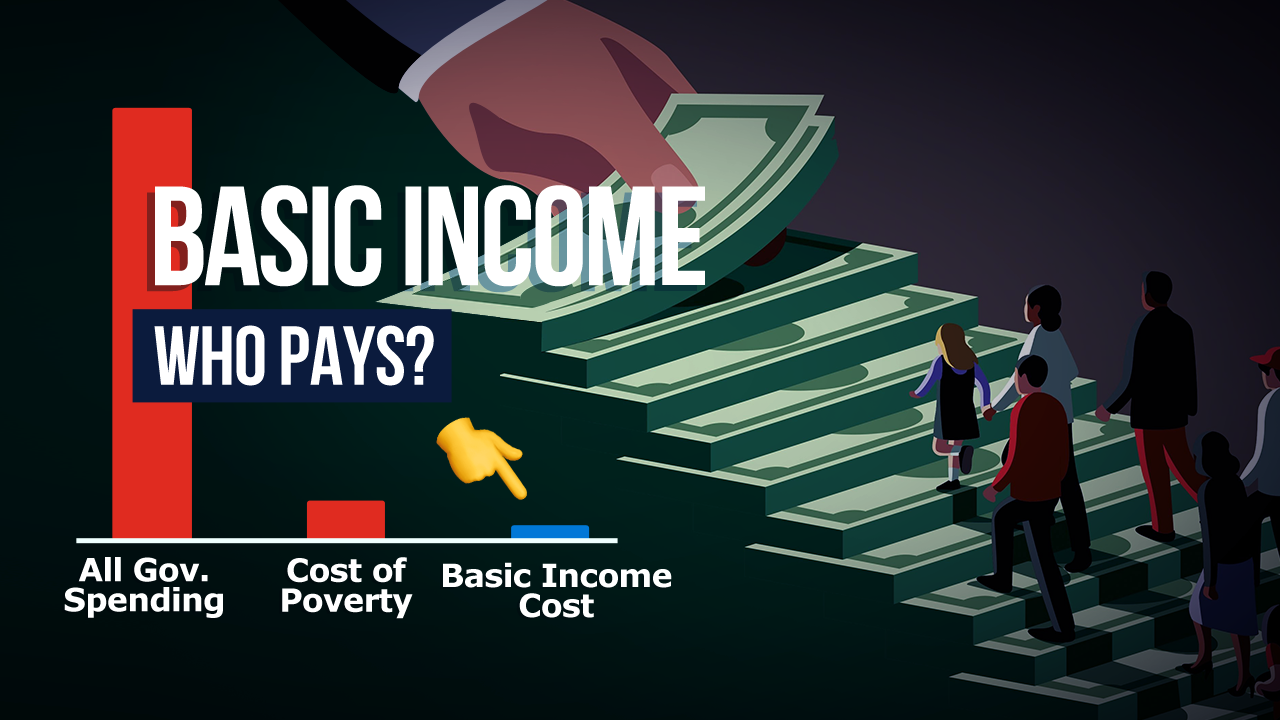That's because it's not really UBI. It's min income masquerading as UBI. That's how they end up with a net cost of only $36B. They also don't pay individuals and families the same amounts. And they get to 75% of LICO. That min income programs are cheaper is not new information. Especially, if you don't push to make sure all incomes are above LICO.
They get to 75% of
LIM, not LICO. Different measurements. LICO is flawed for one, as it's not regional, and makes broad assumptions about spending needs.
Families are different because there are shared costs. In addition to getting larger tax breaks.
And you can go back and see where I suggested that OAS should stop being a universal program and become a minimum income program for seniors tied to LICO.
Again however, means testing has proven time and time again to be a passive bludgeon with which to create austerity. Suddenly, a government will find a different way to calculate LICO or inflation; or start doing something stupid like counting things like GST refunds or CCB towards income, etc., and voila the eligible number drops and the government magically finds some money for another corporate bailout. Or for that matter, just blatantly put caps on inflation-related increases.
I mean FFS, multiple conservative and liberal governments have failed to raise the Sunshine List threshold in Ontario; a list the PCPO created to demonize extremely high-paid government management and executives, now demonizes lifelong teachers, firefighters, small-town mayors, skilled tradesworkers, etc. The threshold has been at $100k ($186k in 2025) for almost 30 years. There were 984 people on the first list in 1996. There are 377,666 as of 2024. And it's still being wielded as political tool, allowing people to believe that the standard of living for government employees has somehow risen dramatically in three decades. Doug Ford
*loves* the sunshine list. He's called it, "the list of Ontario's richest political insiders."
And ironically, failure to change it dilutes the impact of those who *do* make egregiously large salaries.
Honestly, I imagine the annual release of the sunshine list is the favourite day of staff at the Toronto Sun; they get two weeks of stories out of it after all.
PS. Interesting that UBI Works can propose $31k for a couple and that's fine. But I get flack for saying a senior with a six figure pension and millions in assets shouldn't be getting an extra $500 in OAS per month.
And I said, why not give it to them, but tax it back? What's the functional difference?








